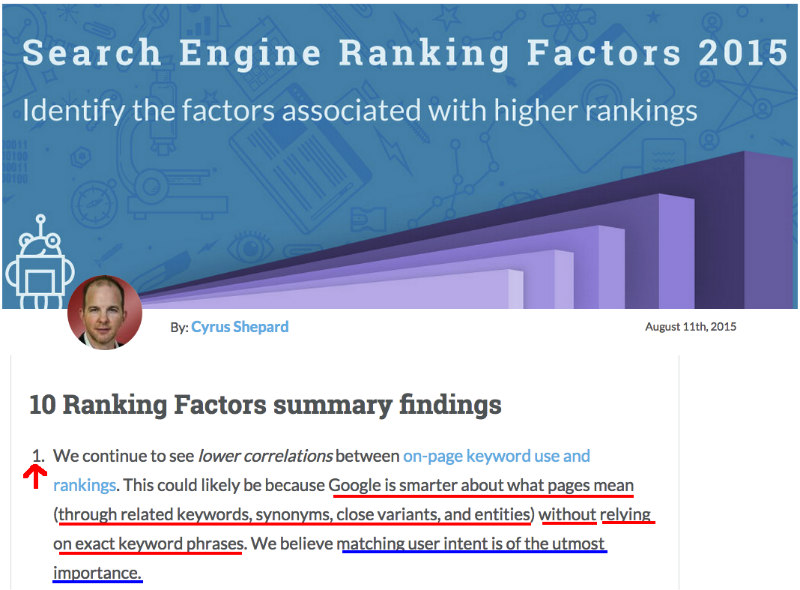The two videos on this page are follow-ups to my last post about the most advanced method for finding latent semantic relationships to core entities. I created a Google network graph to show the results of particular associations in my last post. Please be sure to look at this before the videos. That post also has a concise description of the method used to create semantic content maps. This is a time-consuming technique, and I’ve built software with SEMrush API which makes deep-dive research a super value for anyone interested in working with me or the tools I’ve created.
First video: Intro to using semantic maps for content creation
Second video: Actionable use and a full process for creating the web pages
Final video, web search LSI optimization, video #3
SEO and Content Strategist Approaches To Google Hummingbird
I’ve now done demos to enough semantic web and search experts to know there simply is no more accurate way to reverse engineer what Google’s Hummingbird algorithm pulling into the SERP as relationships to your target stem/core/head keywords.
As I talk to SEOs, I find they’re less open to topic analysis than content strategists: and for good reason. The editorial folks like that that semantic maps and guides provide a more over-arching framework, and don’t straight-jacket creative types into details like use of particular long-tail keywords. Whereas website content writers and strategists typically use less “logical” data-driven analysis to inform their publishing calendars, SEOs are known to employ very structured, logical processes. I am completely agnostic to qualitative vs. quantitative approaches for content creation! There is a balance.

However, some of the highly structured tactics SEOs still use are not useful with the flight of Google’s Hummingbird. You can’t “sprinkle” long-term keywords or plan them out now. It’s a poor use of time. More important is assuring websites and pages have comprehensive, holistic content. Doing that assures high ranking for the low volume keywords. Look at the above Moz study results for their annual study. Moz is not typically centered on the “writing” component of digital marketing and SEO. For example, they pay much attention to links, as they should: links are still the most important ranking signal. But here their number one finding is the importance of going beyond keyword research.

